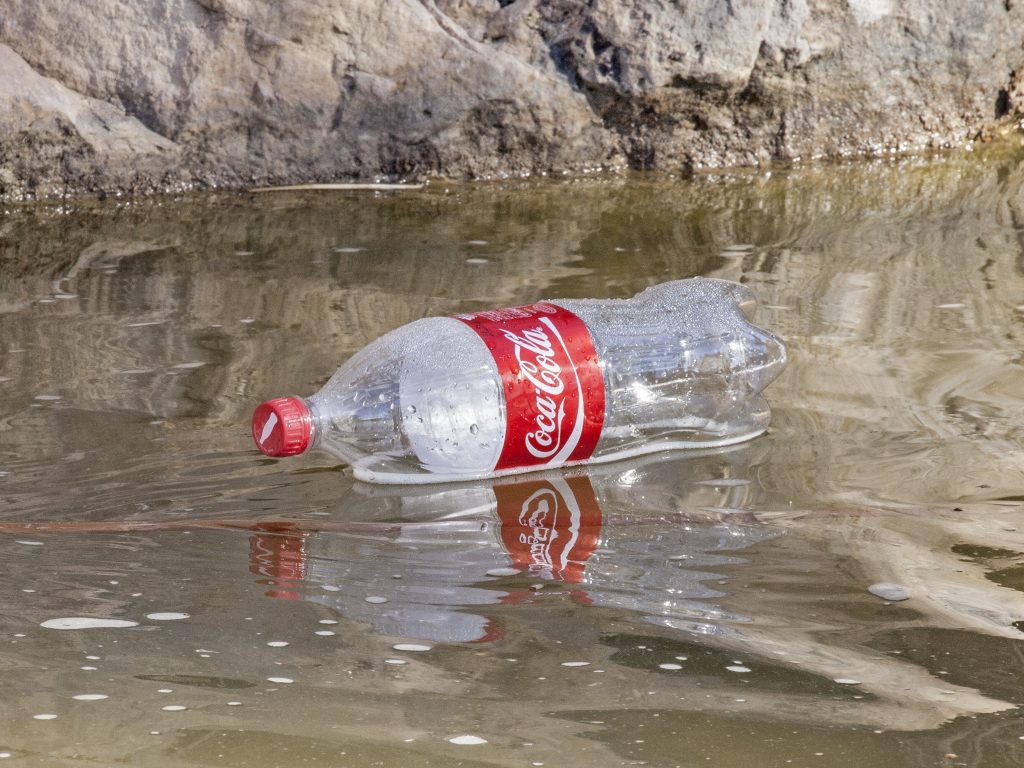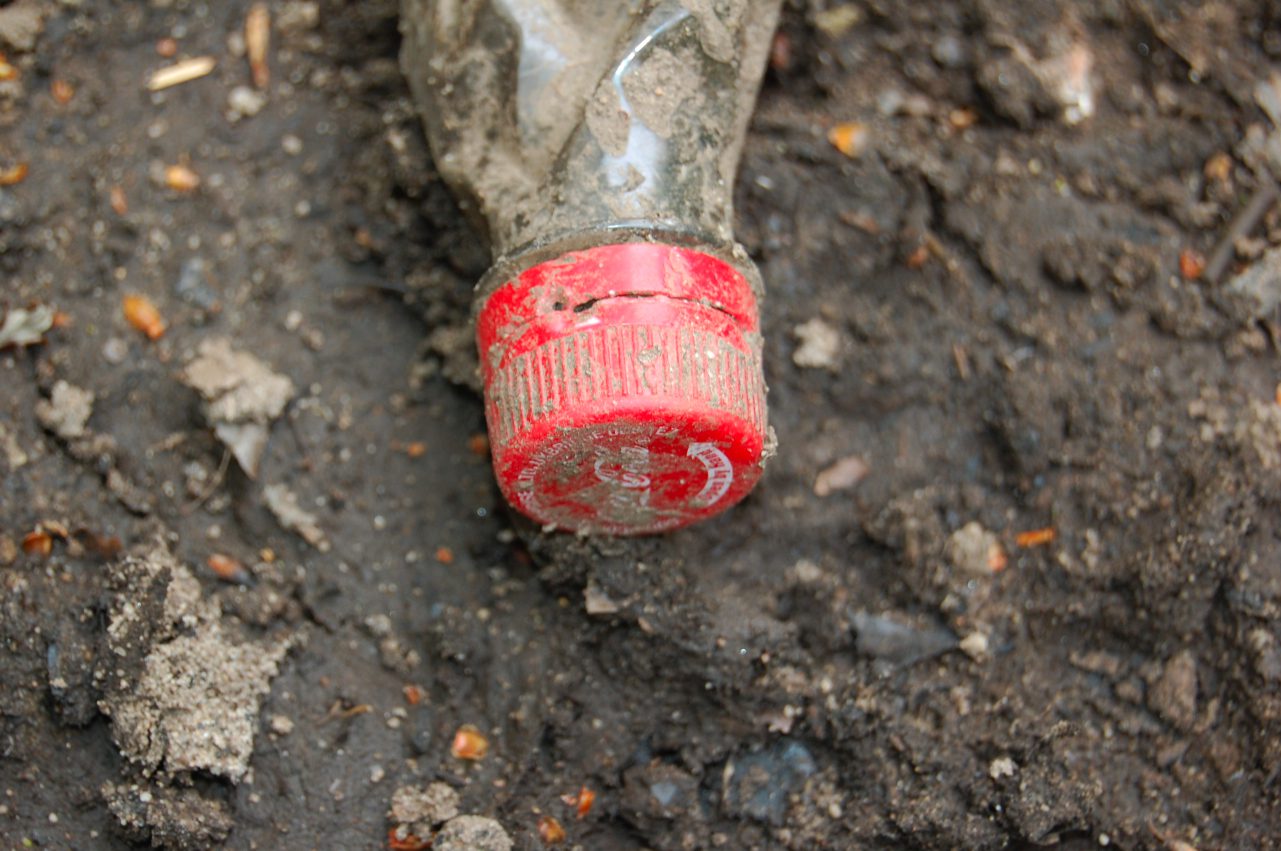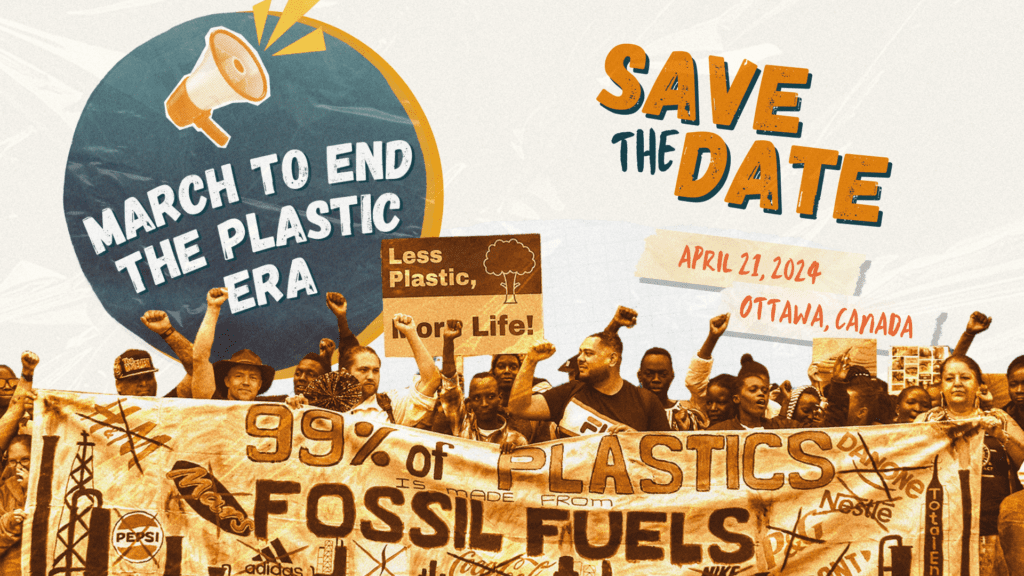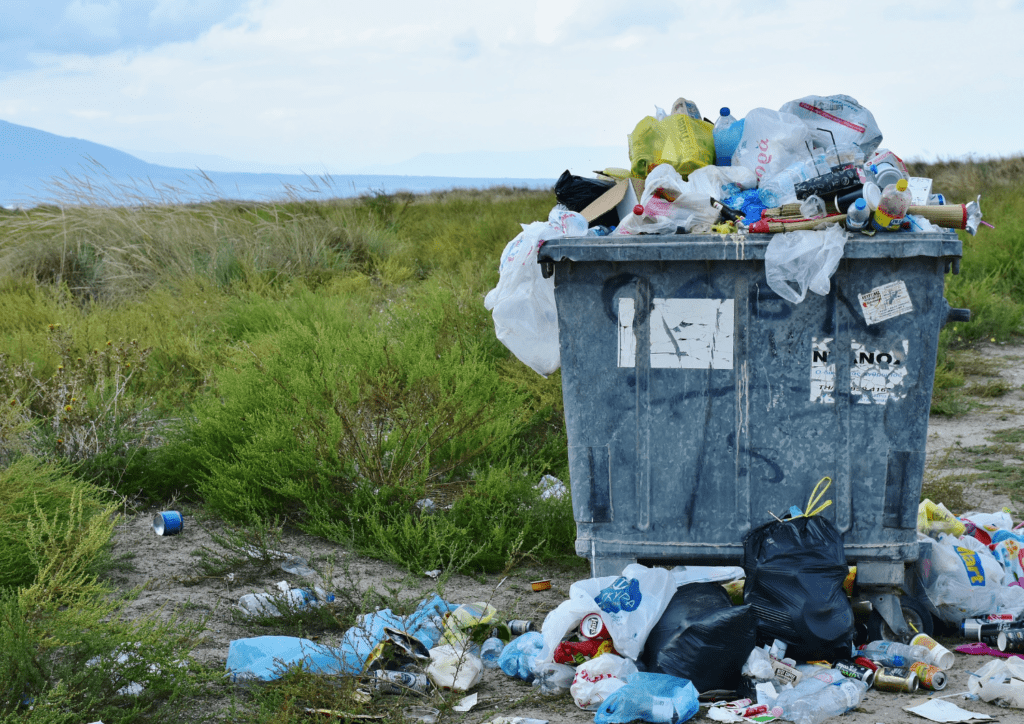It looks like Coca-Cola is slowly waking up to the global threat of plastic pollution. Recently, the company announced its global plastics plan, which commits to improved recycling, and increased use of recycled content in its bottles. But, Coke still has a long way to go if it’s serious about a “world without waste”.


Recycled content commitment falls short
Coca-Cola has committed to using 50 per cent recycled content in its plastic bottles by 2030. On first glance, that doesn’t look half bad. Right now, Coke uses, on average, only seven per cent recycled content worldwide. But this global commitment lags behind a similar commitment they made in the U.K. last summer.
Meanwhile, a few of Coke’s competitors are already showing stronger leadership to address this issue. Evian recently committed to using 100 per cent recycled content by 2025. And Ice River Springs in Canada already uses 100 per cent recycled plastic to make its bottles.
And ICYMI, Coke has made (and broken) this promise before (see pages 38-39 of this document). In 2009, the company committed to 25 per cent recycled content in its bottles by 2015, but still hasn’t hit the mark. What’s to make us think this time will be any different?
Coca-Cola’s collection goal isn’t supported by its actions
Coke’s other goal is to help collect the equivalent of 100 per cent of its packaging by 2030. That also sounds pretty good. Coca-Cola is the world’s largest beverage manufacturer. Out of the 500 billion plastic bottles sold around the world every year, 120 billion bottles are theirs.
The problem is Coke continues to lobby against solutions that are known to achieve reliable, stable, and high recycling rates. For example, the industry association that represents Coca-Cola Canada told us they won’t support a deposit return program for plastic bottles in Ontario. This, even though the province has the lowest plastic bottle recycling rate in Canada. And there’s broad consensus that deposit return programs achieve the highest recycling rates.
If Coca-Cola was really serious about taking responsibility for its waste, it would support deposit return programs around the world, and reduce its use of single-use plastics. In short, Coke’s move is nowhere near enough to address the rapidly growing problem of plastic pollution in oceans, lakes, and rivers.
If you agree that big bottlers like Coca-Cola should support bottle deposit programs – a proven way to increase recycling rates and keeping plastic bottles out of our environment – take action.







